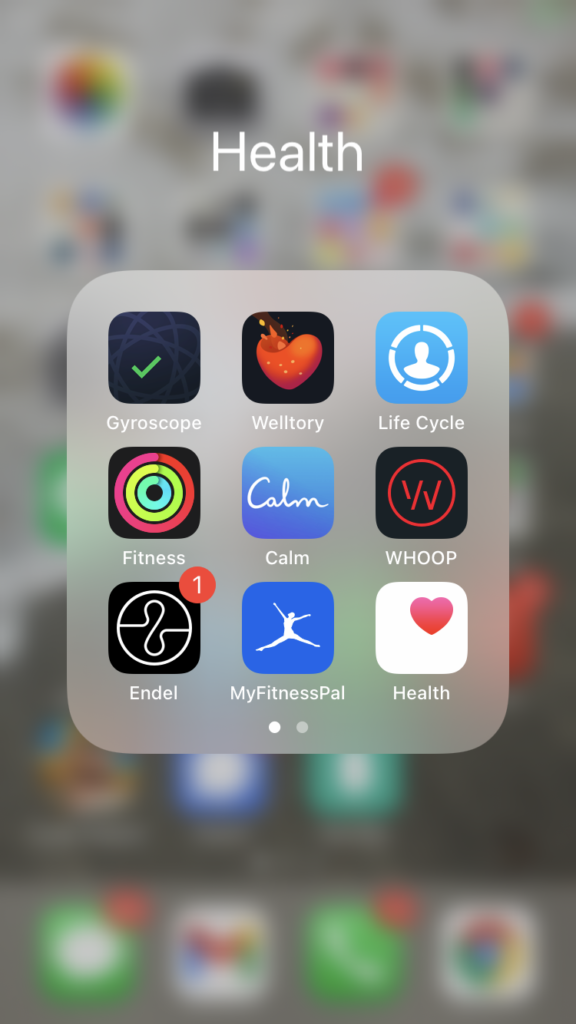Warning! Before you go any further this post will discuss food, emotional relationships with food, disordered eating, diets and diet culture.
Today is the first Monday of the New Year. That means it is weight loss season online. Despite me having many positive healthy habits including walking, weight lifting, meditation, supplements, sleep hygiene and a moderately nutritious eating routine I found myself upgrading my wellness applications and panicking at stepping on a scale. January is the month where the “wellness” industrial complex gets you. Even though I spend a small fortune on my health even I am vulnerable to the season’s exhortations.
December was a little rough for me so I put on some fat and lost muscle mass. I had an injury that kept me off my feet and then I had Covid. So my routines got a little fucked. Also two towns next door completely burned down in a terrifying urban firestorm. So like it was ok that I lost some progress.
But rather than reintroduce slowly and moderately my good habits, I’m finding myself desperately tempted to go over board on January changes. I spent $199 upgrading Gyroscope to get their nutrition tracking and a health coach. Despite knowing full well what I need to do in order eat better. The trouble is that I fucking hate doing it. So I thought let’s try a health coach why not!
I’ve had a mixed relationship to food my entire life. One of the defining traumas of my childhood was my pediatrician telling my mother I needed to eat more dairy. I hated the stuff and refused milk & yogurt as small child. My doctor’s solution (and I am not making this up sadly) was to not allow me any food till I ate dairy.
My mother attempted to follow his instructions but was stymied by the fact that I wouldn’t budge. I was a stubborn child. I didn’t care that I would be allowed to eat if I just had a spoonful of yogurt or a sip of milk apparently. I went on a full hunger strike. Fearing the worst as her daughter went days without eating, my mother eventually caved but the damage was done. Baby’s first eating disorder!
I continue to have all or nothing attitudes on food. I love to fast because it’s a total solution. I feel in control. My inner child continues to see it as an act of setting emotional and physical boundaries when the adults around me overwhelmed mine. Is also happen to hate running kind of caloric deficit. I’ve got health challenges that do better if I’m at maintenance calories.
Now I’ve successfully managed to heal an out of control immune system and I’ve overcome a significant rheumatoid condition so you’d think “being fat” wouldn’t be a worry of mine. I am proudly an avid biohacker. I actually enjoy taking care of my body these days. But it’s so very easy to slip up in a culture where we treat our bodies as moral failures. Just take a look at Covid discourse and you will see America’s obsession with categorizing each other’s health decisions as “good” and “bad”!
So I urge you to be gentle with yourself in this environment. I’ve written extensively about how to slowly introduce healthier habits in ways that are measurable and kind to yourself. Because I know how hard it is to do so. There is a joke in fitness communities that you should only ever trust a former fatty because the naturally slim just don’t get it. It’s insulting and moralizing in its own way, but it’s also a bit true. Trust your health to the chronically ill as they know how to survive the system.
January can feel like eating disorder season (or at least the first two weeks or so) and it’s alright to participate in your own wellness experiments just as it’s alright to do nothing at all. Be gentle with yourself. I know it’s a tall order. I just spent $200 in a panic about being fat so I know of which I speak. Good habits and a healthy body aren’t made in the first week of the year. That actually takes a lifetime.
